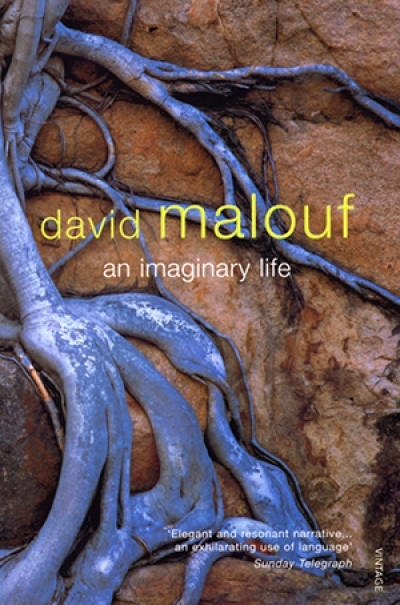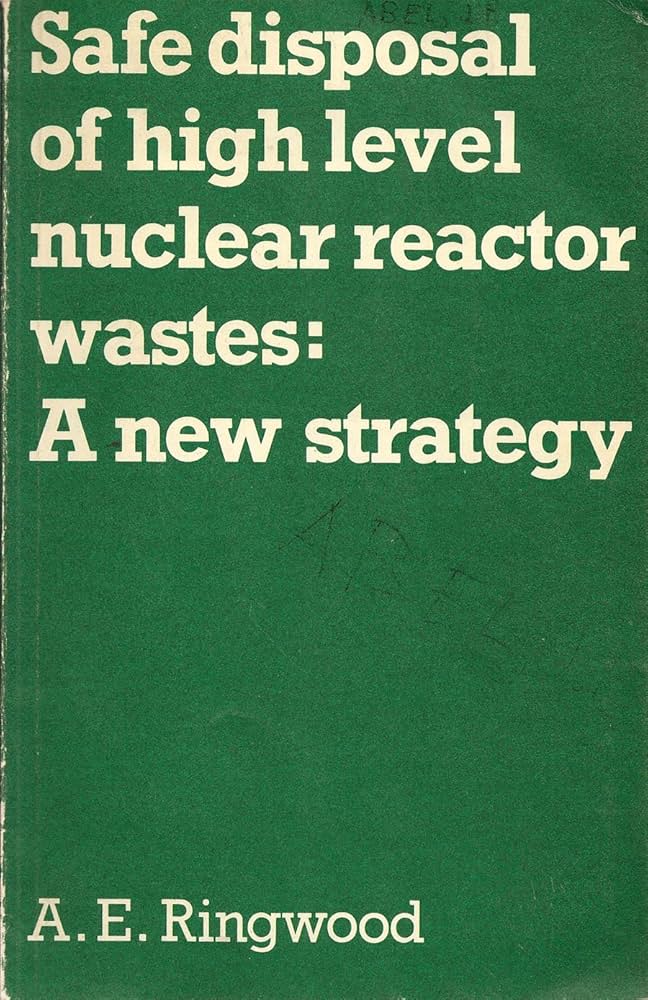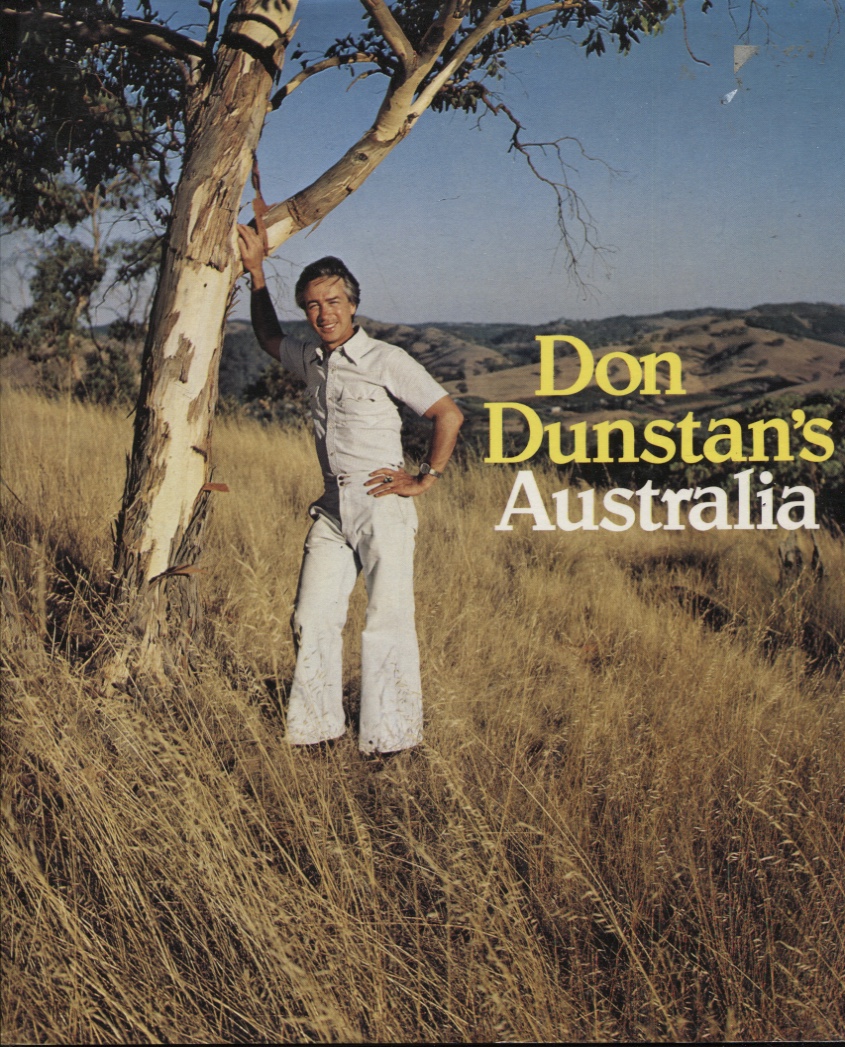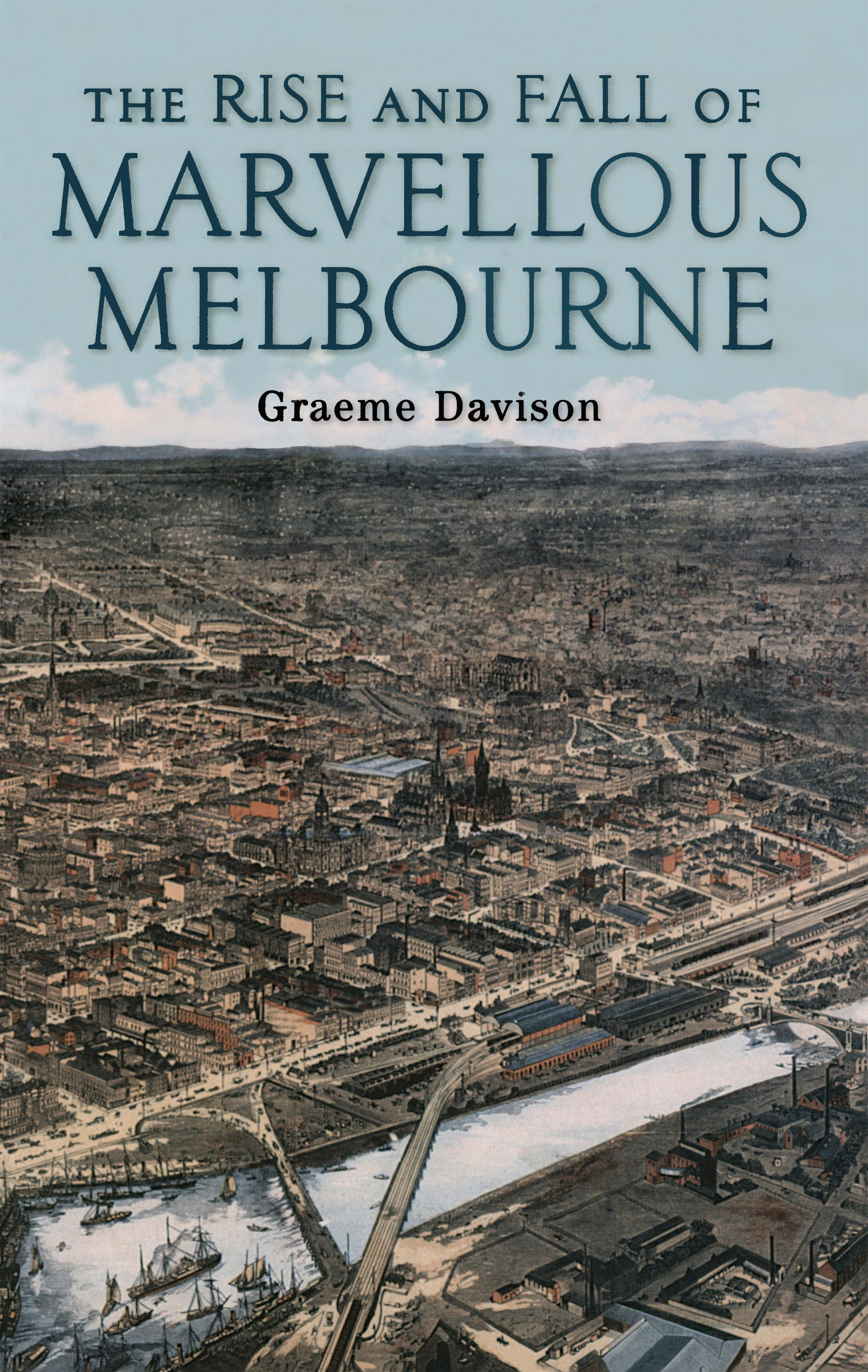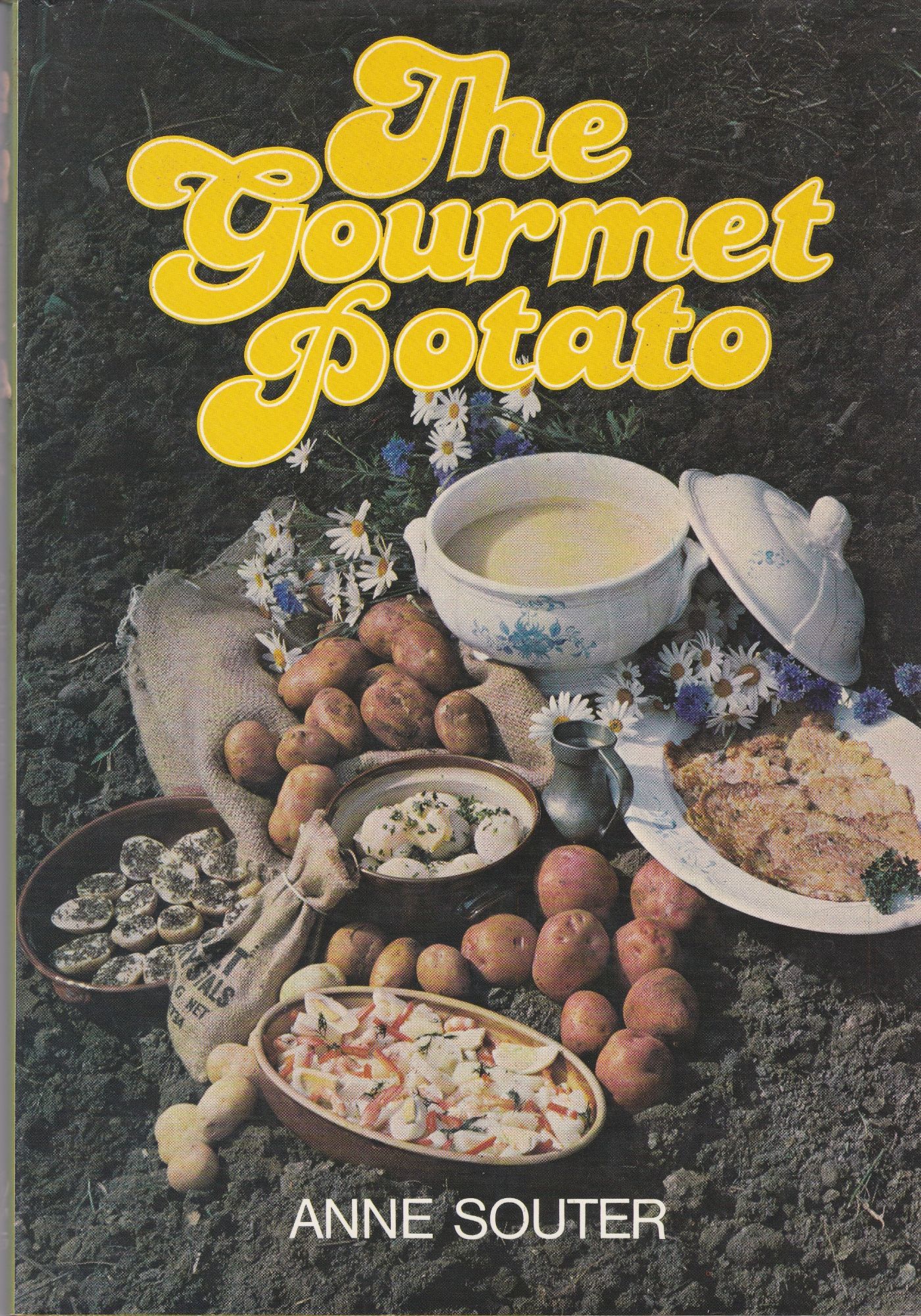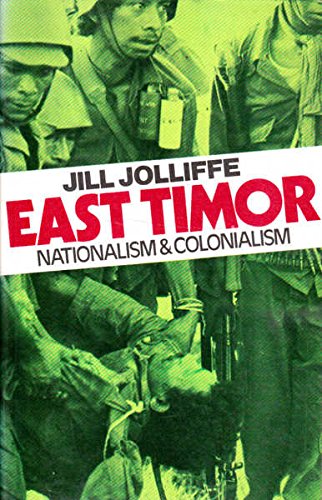Archive
Film | Theatre | Art | Opera | Music | Television | Festivals
Welcome to ABR Arts, home to some of Australia's best arts journalism. We review film, theatre, opera, music, television, art exhibitions – and more. To read ABR Arts articles in full, subscribe to ABR or take out an ABR Arts subscription. Both packages give full access to our arts reviews the moment they are published online and to our extensive arts archive.
Meanwhile, the ABR Arts e-newsletter, published every second Tuesday, will keep you up-to-date as to our recent arts reviews.
Recent reviews
In Tirra Lirra by the River, an elderly woman, Norah Porteou, returns to live in her childhood home in Brisbane after forty years as a ‘London Australian’. The house is empty, so is her life. Norah is a ‘woman whose name is of no consequence’. She is sensitive, vaguely artistic, slightly superior (‘Mother,’ she appeals in a childhood scene, ‘don’t let Grace call me Lady Muck.’) The novel consists of a review of her past, with interruptions from half-remembered neighbours offering curious and resentful help.
... (read more)Safe Disposal of High Level Nuclear Wastes: A new strategy by A.E Ringwood
Dear Sir,
I liked Geoff Muirden’s review of The View from the Edge in the August issue, even though he got a bit confused here and there.
‘Aussiecon’ (dreadful name, but we had to sell the idea to the Americans and they like that kind of thing) was the 33rd World Science Fiction Convention, held in Melbourne in 1975. Ursula K. Le Guin was our guest of honour.
... (read more)Don Dunstan’s Australia by Don Dunstan, photography by Julia Featherstone
The Rise and Fall of Marvellous Melbourne by Graeme Davison
Beverley Kingston’s review in this issue draws attention to the effect the Women’s Liberation Movement has had on our understanding of our past. By asking the questions insistently imposed by the present, the historians of women’s affairs have not only forced us to see a segment of our history which had been hidden, but have made us realise that this omission was just part of a total distortion of our view of history, and therefore of life. This distorted knowledge of the past affects the way we see ourselves, and thus diminishes our recognition of the possibilities open to us in the present. The unreasoning hostility which the Women’s Movement has aroused can be explained only in terms of our fear of the unknown. These new ideas do not threaten just the security which a male-dominated world offers to men and women alike. Rather, by taking away our comfortable structure, they take away our personal identity, and therefore threaten the existence of any kind of order.
... (read more)

